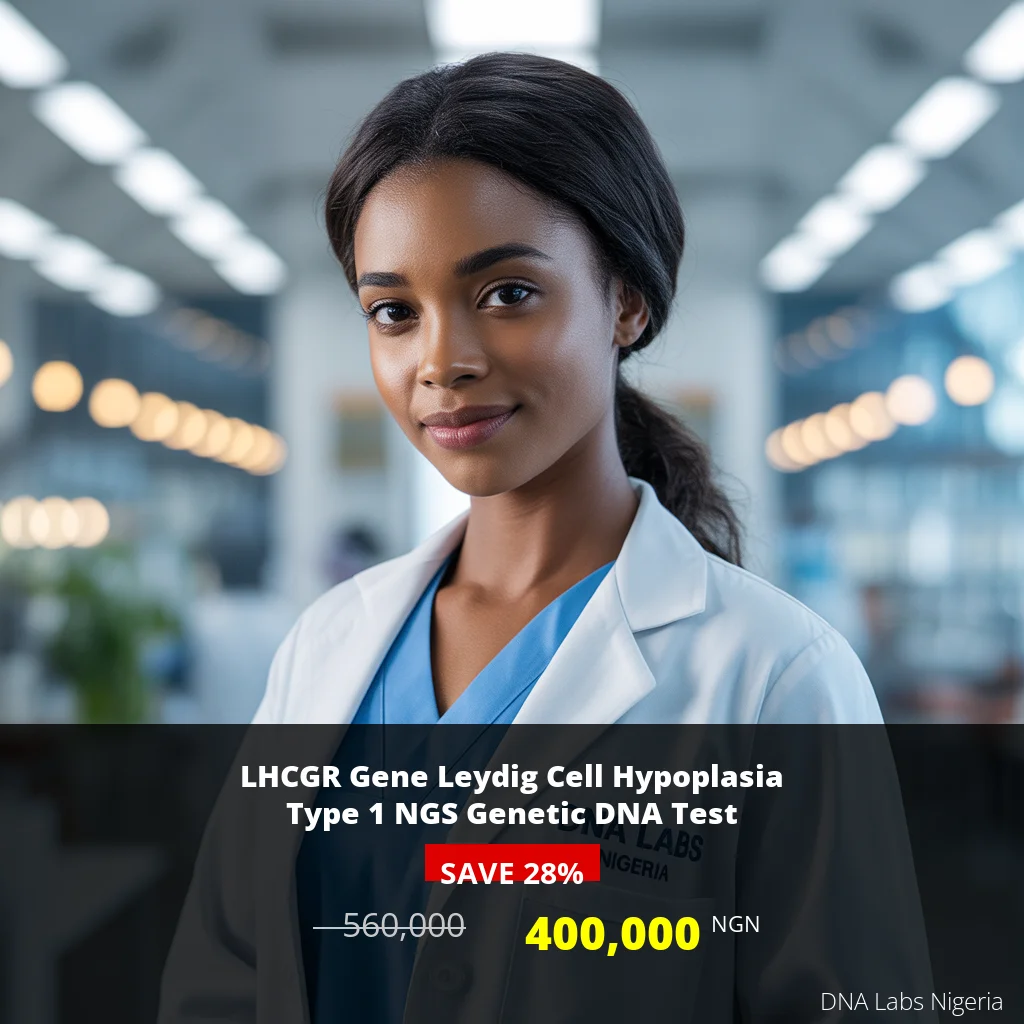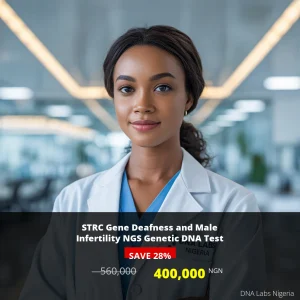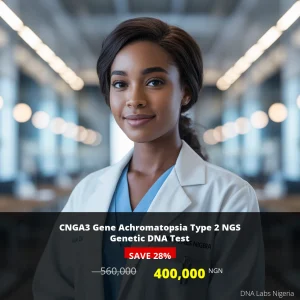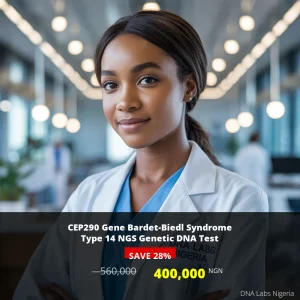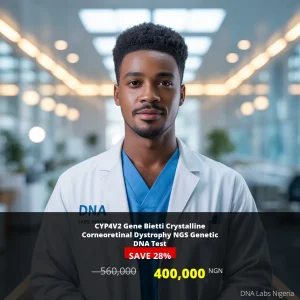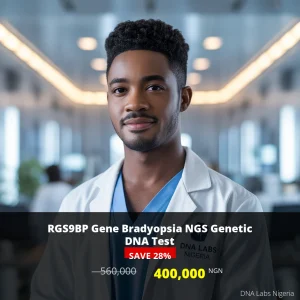LHCGR Gene Leydig Cell Hypoplasia Type 1 NGS Genetic DNA Test
Introduction
The LHCGR Gene Leydig Cell Hypoplasia Type 1 NGS Genetic DNA Test is a specialized genetic test that plays a vital role in diagnosing reproductive disorders associated with the LHCGR gene. This test employs Next Generation Sequencing (NGS) technology to analyze the genetic makeup related to Leydig cell function, which is essential for male reproductive health.
What the Test Measures
This test specifically measures mutations in the LHCGR gene that can lead to Leydig cell hypoplasia, a condition affecting testosterone production and, consequently, male sexual development. By identifying such mutations, healthcare providers can better understand the underlying causes of reproductive disorders.
Who Should Consider This Test
Individuals experiencing symptoms such as delayed puberty, infertility, or ambiguous genitalia may benefit from this test. Additionally, those with a family history of reproductive disorders or genetic conditions should consider getting tested to assess their risk factors.
Benefits of Taking the Test
- Early diagnosis of potential reproductive disorders.
- Informed decision-making regarding treatment options.
- Understanding genetic risks for family planning.
- Access to tailored healthcare and genetic counseling.
Understanding Your Results
Results from the LHCGR Gene Leydig Cell Hypoplasia Type 1 Test will provide insights into the presence of genetic mutations. A genetic counselor will guide you through your results, helping you understand their implications for your health and any necessary next steps.
Test Pricing
| Test Name | Discount Price | Regular Price |
|---|---|---|
| LHCGR Gene Leydig Cell Hypoplasia Type 1 NGS Genetic DNA Test | 400000 NGN | 560000 NGN |
Book the Test
Ready to take charge of your reproductive health? Book the LHCGR Gene Leydig Cell Hypoplasia Type 1 NGS Genetic DNA Test today by calling or WhatsApp messaging us at +2348110567037. Don’t wait—understanding your genetic health is just a test away!
Turnaround time for results is approximately 3 to 4 weeks, and the sample type required is either blood, extracted DNA, or one drop of blood on an FTA card. Please ensure to provide a clinical history and consider a genetic counseling session to draw a pedigree chart of family members affected by the LHCGR gene.

